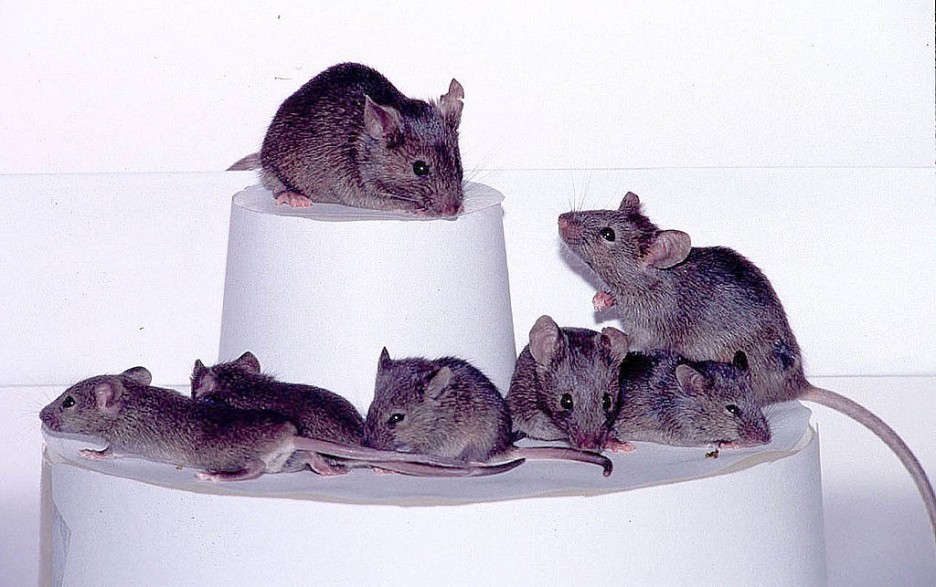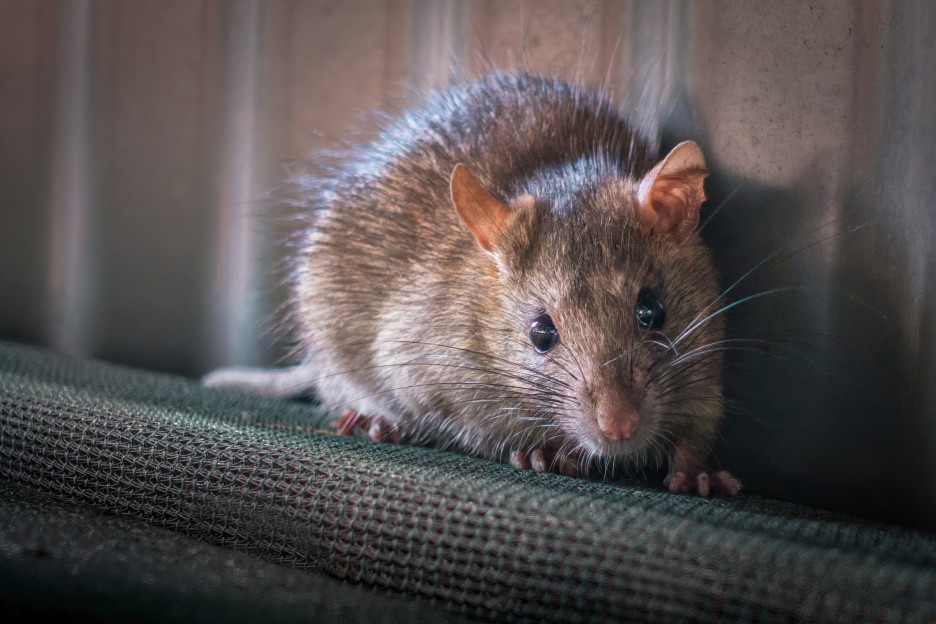Rat-Borne Disease Without Cure Spreads To Humans, Claims Four Lives
A serious rodent-borne illness with no available treatment has recently surfaced in the U.S., causing multiple deaths and triggering health advisories.
The disease, known as hantavirus, is transmitted to humans from rodents through exposure to their urine, saliva, or feces. This transmission occurs when individuals come into contact with these viral droplets, often from handling contaminated materials.

According to the Arizona Department of Health Services, there's an increase in hantavirus cases. From January to early July, the state confirmed seven instances of Hantavirus Pulmonary Syndrome, three of which were fatal. The condition is described by the health agency as a severe and sometimes deadly respiratory illness resulting from hantavirus infection.
California has also reported two cases of hantavirus, one of which resulted in death. The symptoms of the disease typically include fever, headache, and muscle aches, which can rapidly escalate to difficulty breathing. The primary carrier of the hantavirus in Arizona is the deer mouse, though the virus can be present in various rodent species across the southwestern United States, even in areas where mice are not directly observed.
The syndrome first made headlines in 1993 following a major outbreak among the Navajo tribe near the Arizona/New Mexico border, where the disease had a high mortality rate of about 80%.
Read also: RELATED: Kansas City Chiefs Fans Who Watched Freezing Playoffs Need Amputations Due To Frostbite

Public health experts recommend rigorous cleaning protocols to prevent hantavirus infection. These include using disinfectants like bleach to clean rodent droppings and nests, sealing and disposing of contaminated materials, and preventing rodents from entering homes by covering holes larger than a quarter-inch with wire mesh or cement.
Dr. Aaron Glatt of Mount Sinai South Nassau Hospital advises that the best preventive measure is to thoroughly disinfect areas contaminated by rodents and avoid direct contact with them.






